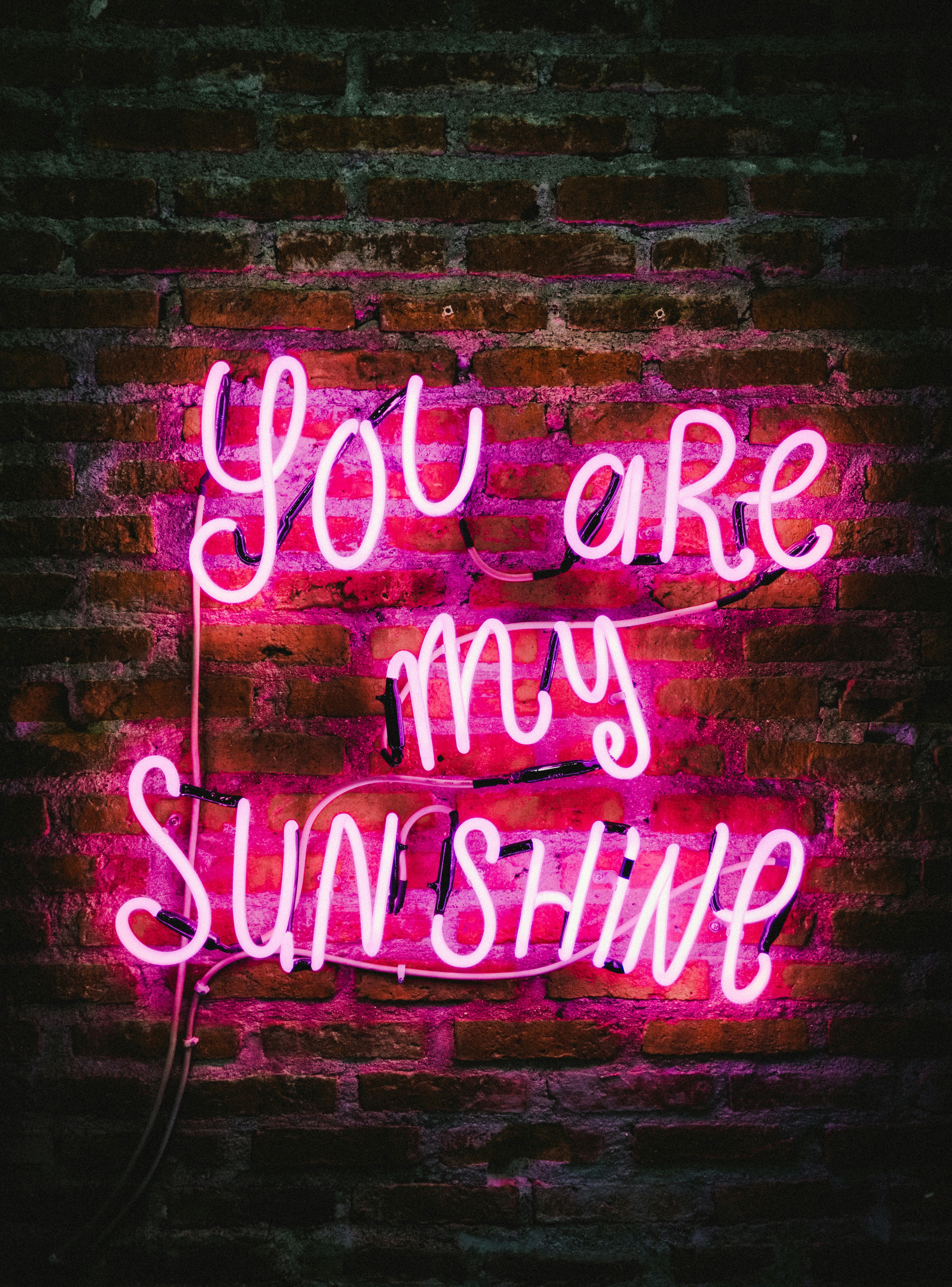Should it be appropriate to exhibit personal beliefs at high-profile events like the red carpet?
On the Glamorous Stage of Protests
In the whirlwind of stars promoting movies, producers promoting projects, influencers peddling products, and social climbers selling their self-worth, red carpet events sometimes host guests with no commercial agenda. At Cannes, Venice, the Met Gala, or the Oscars, some attendees seize the opportunity to broadcast messages.
These messages, geopolitical or social, implicit or explicit, groundbreaking or cliché, share a common denominator. From Cate Blanchett's Palestine-themed dress at Cannes last year, to Alexandria Ocasio-Cortez's "Tax the Rich" message-bearing white dress at the Met Gala in 2021, to Natalie Portman's Dior cape adorned with snubbed female directors' names at the Oscars in 2020, these messages always raise the same question: is it truly justifiable?
This apparently trivial question breeds others of the sameilk. Is it justified to disrupt an event as critical to global functioning as a red carpet to highlight a war? Can we risk the opulent procession of the Met Gala discussion for the sake of discussing taxing the ultra-rich? Lastly, does this insignificant concept called feminism deserve to challenge the age-old elegance of the Oscars?
Silent Protests, Never Overstated
Let's make one thing crystal clear. To surpass the forces of the red carpet's imposed spectacle, inherently mocking and obscene, it's necessary not to resort to poses and nods to the crowd, as was once suggested to offer them brioche. Without speaking, without overdoing it, without necessarily dousing oneself in fake blood like the woman who did so at Cannes two years ago dressed in a Ukraine-colored dress, it's suitable to express an opinion on the red carpet.
Last year on the Croisette, the most compelling of such expressions was by Yseult, the French singer. At the screening of Megalopolis, Francis Ford Coppola's film, the size 64 woman wore the iconic Bar suit designed by Christian Dior in 1947, silently expressing a message of body acceptance. Her move was so clever that, that evening, one even forgot that Yseult was there as L'Oréal's ambassador. That shows something.
Explore more "Is it really reasonable to...?" columns here
SubscribeContribute
Use this content
Enrichment Data:Insight: Red carpet fashion at major events like the Met Gala, Oscars, Cannes, and Venice frequently serves as a platform for social commentary and political expression, mirroring a broader cultural shift.
Political Statements in Fashion
Notable Examples:
- Met Gala 2025 - Black Dandyism: The event centered around celebrating Black culture's significant contributions to fashion's history, sparking conversations about race, identity, and representation in the creative industries[1][2].
- Kamala Harris at the Met Gala 2025: Harris, a politician, drew attention at the Met Gala wearing a bespoke Off-White dress designed by IB Kamara. Her presence showcased her return to the public eye and her advocacy for cultural celebrations[3].
- Oscars and Cannes - Symbolic Outfits: Celebrities often wear outfits symbolizing solidarity with social causes during these events. For example, during the #MeToo movement, numerous celebrities wore Time's Up pins or black attire to demonstrate support for women's rights.
Debating Political Messages' Appropriateness
The appropriateness of expressing political messages through red carpet fashion is subjective:
- Positive Aspects: Fashion can increase awareness, promote inclusivity, and honor diverse cultures. It can spark discussions and introspection, especially if executed thoughtfully and genuinely[1].
- Risks and Drawbacks: There's a risk that attempts to convey political messages could be misconstrued or seen as self-indulgent when not executed sincerely and respectfully. This can lead to criticism or backlash, as illustrated by controversies revolving around authenticity and cultural appropriation[2].
Ultimately, the appropriateness of voicing political messages on the red carpet hinges on the message's sincerity and respectfulness. When done successfully, it can be a powerful tool for social commentary; when done poorly, it risks appearing insensitive or gimmicky.
In the realm of high-profile events like the Met Gala, Oscars, Cannes, and Venice, fashion choices can extend beyond simply representing lifestyles or endorsements; they can also serve as a medium for political statements, as evidenced by occurrences such as Kamala Harris's appearance at the Met Gala in a bespoke Off-White dress, symbolizing her advocacy for cultural celebrations, or celebrities wearing Time's Up pins during the Oscars and Cannes events in support of the #MeToo movement. Yet, the question of whether political messages delivered through red carpet fashion are appropriate is subjective. While fashion can bring awareness to various causes, increase inclusivity, and honor diverse cultures, there's a risk of misinterpretation, self-indulgence, or even backlash if the intentions behind the message are not sincere or respectful. The balance between asserting one's beliefs and maintaining the dignity of these prestigious events becomes crucial in this context.








